Black Panther is an amazing episode of storytelling in the Marvel cinematic universe. As a standalone superhero movie, it had everything, a great story, well-choreographed fight scenes, explosions and a great villain.
All that should be enough to satisfy any Marvel fan but if you go below the surface there is so much more to this film and it’s all intentional. The mainly black cast and strong black symbolism may have proven divisive but a lot of work went into making this film and it shows. From the costume design, the natural hair worn by all Wakandan women to the languages spoken, the makers of Black Panther did their research and presented us with a smorgasbord of culture from many African countries.
The Black Panther screenplay was written by Ryan Coogler and Joe Robert Cole. There is African symbolism everywhere in this story and for me personally, a big part of the story was like a letter to black diasporans who are descendants of slaves, written in coded language: “We see you, we hear you”.
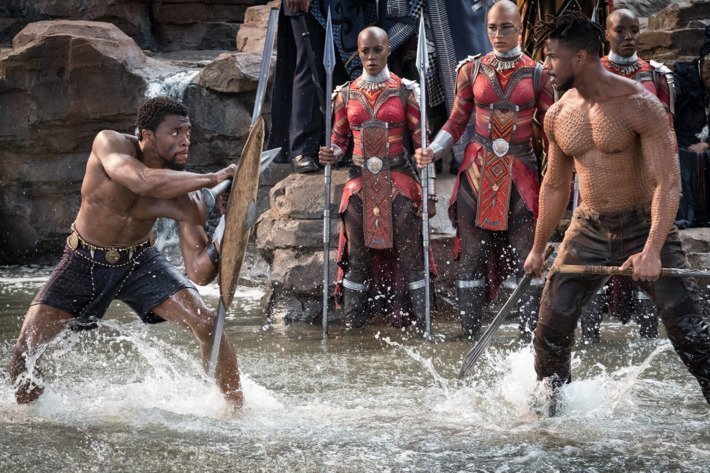
This message is delivered to us through T’Challa (Chadwick Boseman), king of Wakanda, an isolationist country untouched by the outside world and Erik Killmonger (Michael B Jordan), abandoned son left to navigate the harshness of the western world by himself. The commentary on the current state of affairs is interwoven through the story and poses an important question: What would the world be like if colonialism hadn’t happened? Wakanda is just a glimpse at the possibilities had the world been different.
Killmonger resonates with a lot of us because just like him, we are out here navigating these spaces that in some cases we are barely tolerated and in others, despite the appearance of independence the boot of colonialism still dangles above our necks. This isn’t just a letter to African Americans, it’s a letter to all of us, West Indians, the touched and untouched, those who stand by the sidelines and do nothing and the descendants of colonisers.
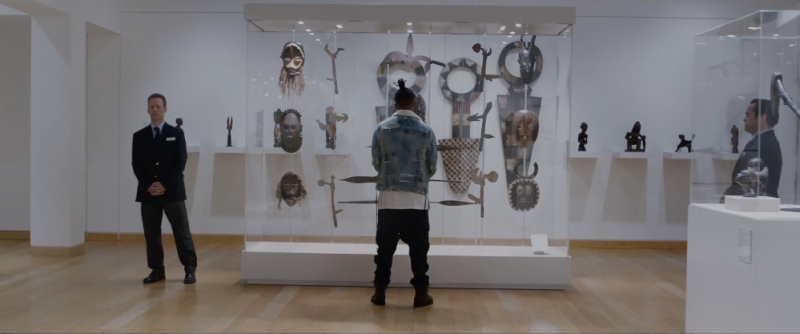
Killmonger is a very nuanced character and not a typical villain. That honour goes to Ulysses Klaue (Andy Serkis) who is just plain evil and whose motivations are driven by greed. I see Killmonger as an antihero. I sympathised with his character, being abandoned in Oakland all the while knowing he was a Prince of Wakanda. He was not motivated by greed but by the need to free his people and of course a little bit of vengeance.
Killmonger played the long game, acquiring military training and used Klaue to get to Wakanda. The ease with which he dispatched his girlfriend to get to Klaue was shocking. He showed that nothing or nobody was going to stop him from getting what he wanted. Klaue gave him access to Wakanda, dead or alive and W’Kabi (Daniel Kaluuya), another character of questionable morality, opened the floodgates.
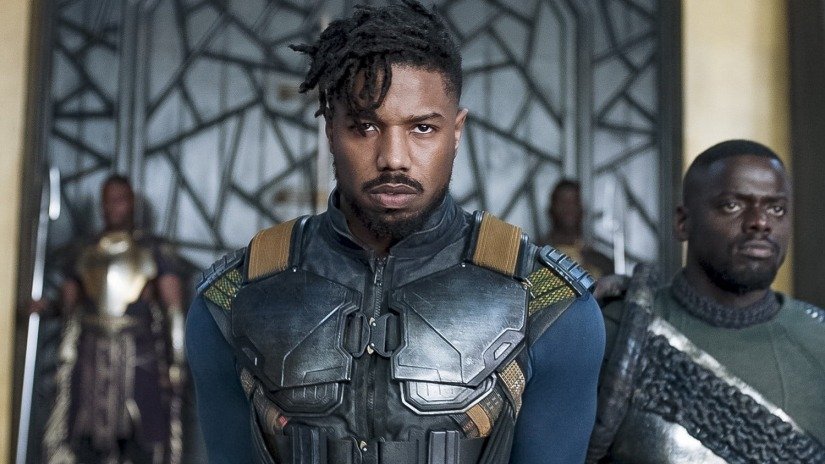
Many people were conflicted about the character whilst watching Black Panther because he wanted to give the power back to the disenfranchised black people all over the globe. So many people sat in the cinema thinking “I’m with him. He’s not wrong” and then realising that world domination is not really the way forward and having to disavow him. Eliciting such conflicting emotions was what made him such a great character. The comparison between Killmonger and T’Challa and Malcolm X and Martin Luther King Jr is not lost on many of us.
Imagine for a second that Killmonger had succeeded in his plan to liberate black people all over the world what would have been next? He may have been a revolutionary but he was also coming from a place of hatred and vengeance so it’s possible that a Hitler style purge of ‘others’ would have followed. And when his own would begin to disobey or question him, maybe the death of blacks too. You see his plan seems reasonable but truly, would he have stopped at just freeing black people or would he have progressed to world domination?
Obviously, his initial goal of turning the tables on the colonisers, wanting to use vibranium weapons to subjugate them and destabilise their countries is not the answer. Not now, maybe 4-500 years ago but not now. Even though it doesn’t seem like it sometimes, we’ve come too far to go back to fighting for our lives and a place at the table using physical weapons. We have to use diplomacy and other conventional means to have our voices heard.
Erik Killmonger wasn’t about that life and these shortcomings made him less sympathetic and therefore not your classic hero character. Whilst not quite the pampered Prince, T’Challa had lived a blessed life in Wakanda. Despite knowing that African’s were suffering in other parts of the world, he chose to take the same stance as kings before him and do nothing.
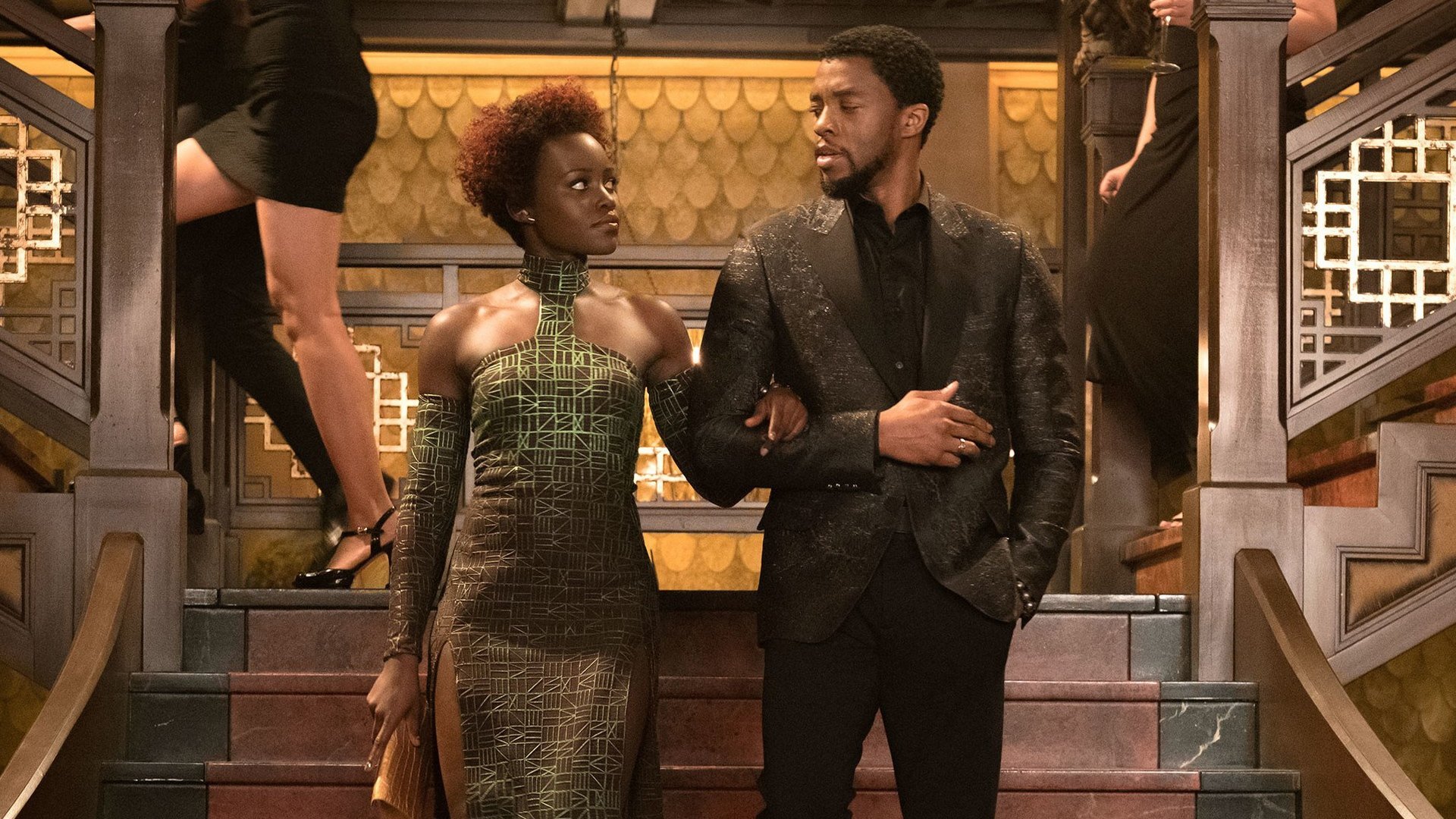
Nakia (Lupita Nyong’o) is a contrast to both Killmonger and T’Challa. As a Wakandan War Dog (spy) she’s out there doing her thing, gathering information and rescuing the Chibok girls from Boka Haram. She tells T’Challa how selfish it is to have all this technology at their disposal and not use it to help the rest of Africa. He’s not hearing it though.
T’Challa is what we call in Jamaica “hard ears”. Simply telling him the right thing to do isn’t going to change his mind. This leads to another saying “who cyaa hear, muss feel’ (who can’t hear, must feel). It’s not enough for T’Challa to receive reports of suffering outside of his Wakandan bubble. In order to hear what Nakia has been saying he needed to feel it because (yet another Jamaican saying) “who feels it, knows it”.
Killmonger’s story was a definite blow to the gut. Learning that your father killed your uncle and left his son, your cousin, to fend for himself was a turning point for T’Challa. Even the challenge that M’Baku (Winston Duke) presented him didn’t’ move T’Challa to see their customs and beliefs differently. It’s not until a highly skilled outsider comes along and not alone challenges him for the throne but wins, then proceeds to throw their rituals and traditions out the window to reach his goal, that T’Challa questions things. Without Killmonger T’Challa may never have opened his ears to what Nakia had been saying all along.
As an antihero, Killmonger led T’Challa to be the hero that the world, not just Wakanda needs, just in time for Avengers: Infinity Wars. Killmonger wasn’t the superhero the world needed but he was the antihero T’Challa deserved.
Killmonger’s actions weren’t the only ones that had me questioning my feelings. Even as T’Challa stands at the podium at the UN, I was conflicted. I totally agree with opening resource centres and helping communities, I don’t agree with giving any Tom, dictator and Harry, access to vibranium or with completely opening up the borders of Wakanda.
There are so many layers to this amazing movie and my focus has been on the antagonist and protagonist but Awesomely Luvvie unpacks so much more of what makes Black Panther worth watching again and again.

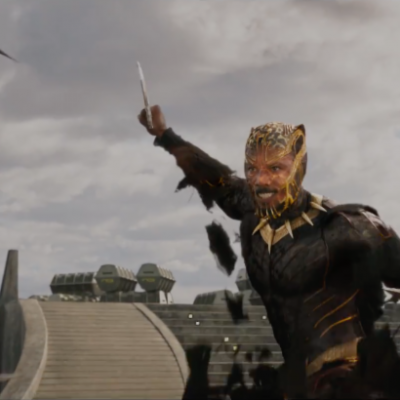



Leave a Reply